Understanding Cholera: Causes, Symptoms, Treatment, And Prevention
Cholera is a severe diarrheal illness caused by infection of the intestine with the bacterium Vibrio cholera. The disease typically spreads through contaminated water and food, leading to severe dehydration. If left untreated, cholera can be terminal. As much as it’s easily preventable and treatable, cholera remains a significant public health issue in the country, especially in areas with unclean water and sanitary difficulties. Here, we will understand cholera and how to keep it at bay.
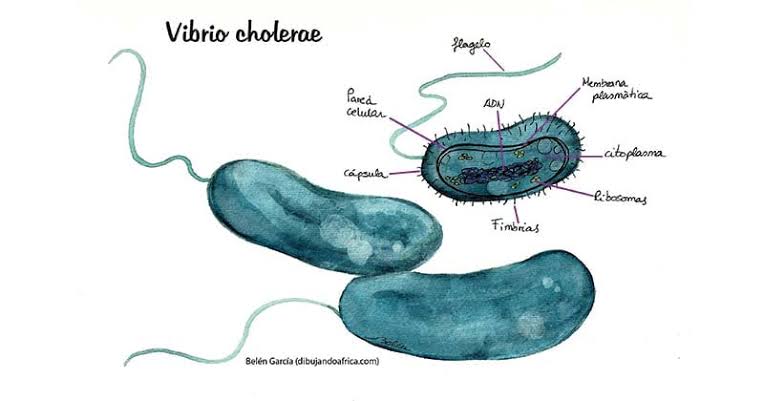
Causes
Cholera is primarily caused by ingesting food or water contaminated with Vibrio cholera bacteria. The bacteria are usually found in water or food sources contaminated by an infected person’s faeces.
Other causes are contaminated drinking water, washing food materials such as shellfish, raw fruits, and vegetables with contaminated water, improper waste disposal, and general poor hygiene.
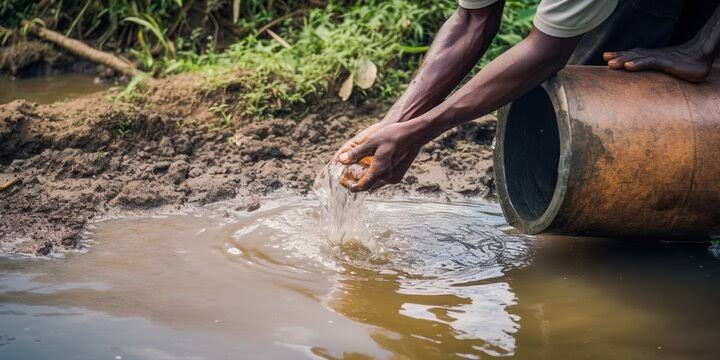
Symptoms
Cholera symptoms can range from gentle to severe and are typically known to appear within two hours to five days after ingesting the bacteria. Severe diarrhoea, vomiting, dehydration, muscle cramps, shock, and decreased urination are some of the most common symptoms associated with cholera. In severe cases, dehydration can lead to shock, which in turn can lead to death if not treated on time.

Diagnosis
If any of the mentioned symptoms occur in the slightest, seeking a diagnosis is the first step anyone should take.
A stool test can be carried out at your healthcare centre to identify the causal bacterium, Vibrio cholerae, from your stool sample. Rapid diagnostic tests are carried out for a faster diagnosis in a situation that requires urgency.
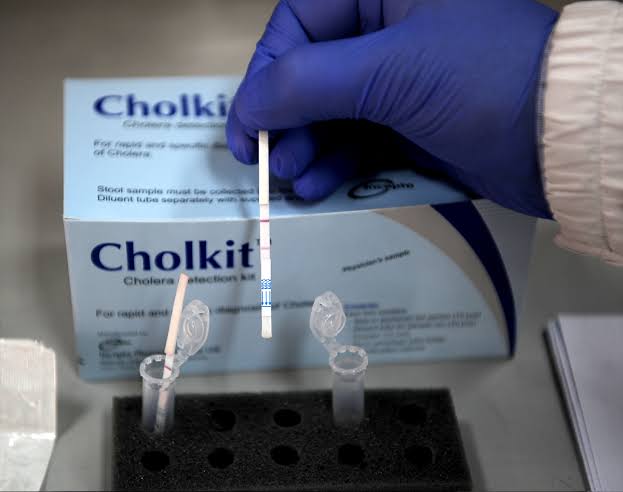
Treatment
Treatment should be taken immediately after one is diagnosed with cholera, as this is important to prevent death. Some of the primary treatments are rehydration through oral rehydration salts (ORS) or intravenous fluids in severe cases, antibiotics to reduce the duration of the illness and reduce the severity of the symptoms, and zinc supplements, which are also helpful in reducing the severity of diarrhoea in children.
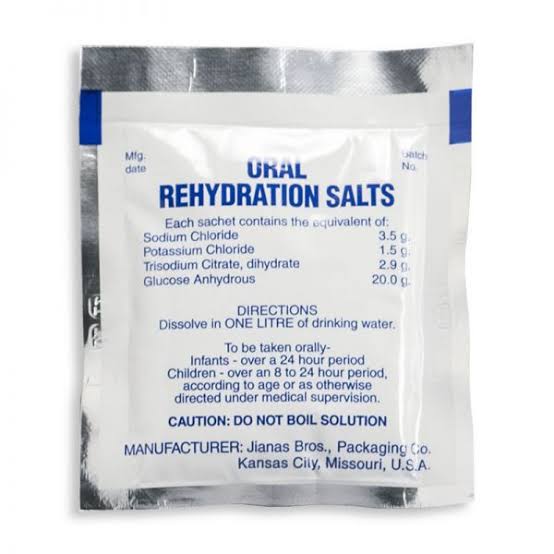
Prevention
Boil, chlorinate, or use water purification tools to ensure the water you use around the house is treated. Also, practice washing hands regularly with soap and water before and after using the toilet and eating. Cook your food thoroughly, avoid raw or undercooked foods, and cover food when not eating it. Oral cholera vaccines can provide short-term protection, so do well to get vaccinated.
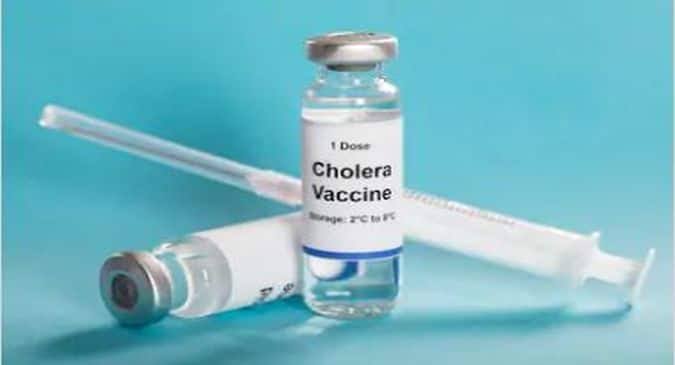
Cholera is a preventable and treatable disease, but that should not make you feel less concerned as this disease is deadly. We can play our part as individuals to curb the spread of cholera and make our society free from this ailment.






